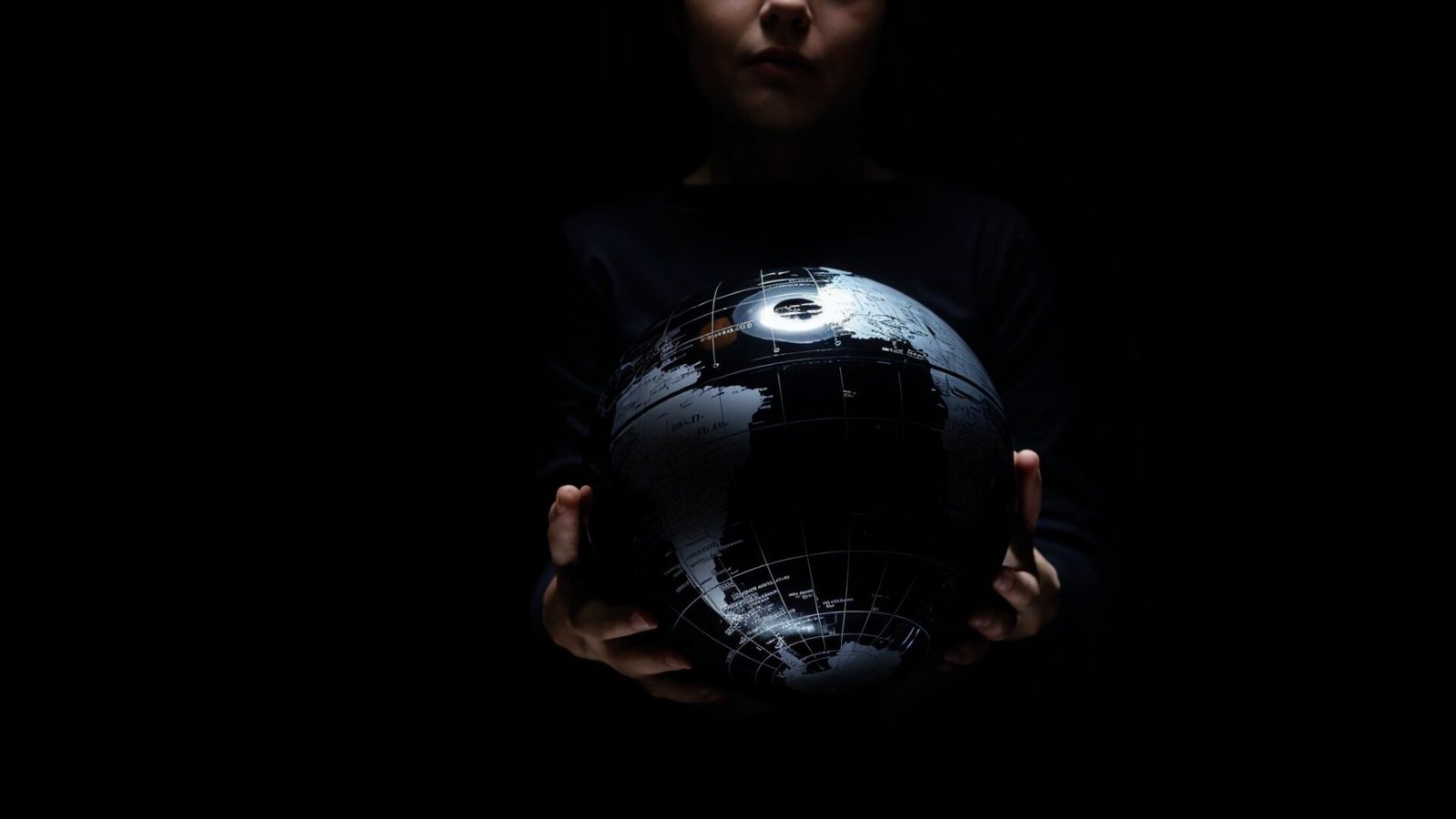In 2025, AI Beauty is revolutionizing the industry, offering personalized skincare and makeup solutions tailored to individual needs. From AI-driven skin diagnostics to virtual makeup applications, these tools are enhancing user experiences and setting new standards in beauty technology.
The Rise of AI in Beauty
The integration of AI in beauty has led to the development of tools that analyze skin conditions, recommend products, and even predict future skin changes. This technological advancement is driven by consumer demand for personalized and efficient beauty solutions.
1. Haut.AI
Best For: AI-Powered Skin Diagnostics & Product Recommendations.
- Analyzes over 150 facial biomarkers using proprietary algorithms.
- Provides hyper-personalized skincare product suggestions.
- Integrates with major retailers to enhance customer experiences.
Ideal For: Beauty brands and retailers seeking to offer personalized skincare solutions and enhance customer engagement through AI-driven analytics.
Pros:
- Comprehensive skin analysis.
- Customizable for various business needs.
Cons:
- Primarily designed for business use; limited direct consumer access.
2. YouCam Makeup
Best For: Virtual Makeup Try-Ons & AR Beauty Play.
- Offers real-time AR makeup try-ons for various cosmetic products.
- Includes built-in skin analysis and selfie enhancement tools.
- Has over 590 million downloads worldwide.
Ideal For: Makeup enthusiasts, content creators, and mobile beauty shoppers looking for interactive and personalized makeup experiences.
Pros:
- User-friendly interface.
- Extensive range of virtual makeup options.
Cons:
- Some features may require in-app purchases.
3. Twinit AI Makeup
Best For: 3D Skin Analysis & Aging Detection.
- Utilizes 3D vision and AI to analyze skin tone, texture, and early signs of aging.
- Assists beauty brands in recommending products tailored to individual skin types.
- Devices are in use at locations like Incheon International Airport and Hyundai Department Store.
Ideal For: Dermatologists, K-beauty fans, and skincare clinics seeking advanced skin analysis tools.
Pros:
- High-precision skin analysis.
- Real-time simulation capabilities.
Cons:
- Primarily available in select locations; limited global access.
4. L’Oréal Cell BioPrint
Best For: Biological Skin Age Analysis & Skincare Forecasting.
- Analyzes skin samples to determine biological age and predict responses to cosmetic ingredients.
- Developed in collaboration with Korean biotech company NanoEnTek.
- Helps users anticipate and address skincare issues proactively.
Ideal For: Biohacking skincare enthusiasts and clinical-level skincare guidance.
Pros:
- Rapid and accurate skin analysis.
- Provides personalized skincare recommendations.
Cons:
- Currently limited to professional settings; not widely available for personal use.
5. Cosmi AI Skin Analysis
Best For: Real-Time Skin Condition Evaluation.
- Offers real-time assessments using AI and AR to evaluate skin concerns such as wrinkles, spots, and redness.
- Detects eight key skin concerns, providing users with a comprehensive understanding of their skin health.
Ideal For: Brands, salons, and individuals tracking daily skin changes.
Pros:
- Comprehensive skin condition analysis.
- User-friendly interface.
Cons:
- May require consistent lighting conditions for accurate analysis.
6. SkinGPT (by Haut.AI)
Best For: Skin Simulation & Predictive Skincare.
- Models skin conditions using a dataset of over 150 biomarkers and more than one billion data points.
- Enables users to simulate how their skin will change over time when using certain skincare products.
Ideal For: Skincare brands, product testing, and consumer education.
Pros:
- Provides visual predictions of skincare outcomes.
- Enhances consumer confidence in product efficacy.
Cons:
- Simulation accuracy may vary based on input quality.
7. Beauty.AI
Best For: AI-Powered Beauty Contests & Aging Research.
- Evaluates participants’ selfies using algorithms assessing facial features such as wrinkles, complexion, facial symmetry, and age comparison.
- Aims to advance the understanding of aging and beauty perception through AI analysis.
Ideal For: Academic research, marketing, and fun interactive challenges.
Pros:
- Innovative approach to beauty assessment.
- Engages users in AI-driven beauty evaluations.
Cons:
- May not align with traditional beauty standards.
8. Potion AI
Best For: Beauty Product Formulation & Ingredient Research.
- Offers tools for ingredient management, formulation, and compliance.
- Features an AI Ingredient Search and a ‘Deformulator’ tool to deconstruct benchmarks into starter formulas.
Ideal For: Formulators, beauty startups, and regulatory teams seeking efficient product development tools.
- Streamlines product development processes.
- Enhances ingredient research efficiency.
9. Skin Bloom AI
Best For: Personalized Natural Skincare Recommendations.
- Utilizes AI to analyze individual skin conditions and provide tailored natural skincare solutions.
- Offers an AI-powered scanner to identify the best products suited for your skin.
- Focuses on natural remedies, catering to users seeking holistic skincare approaches.
Ideal For: Individuals interested in natural skincare options and personalized product recommendations based on AI analysis.
Pros:
- Provides customized natural skincare solutions.
- User-friendly interface for easy navigation.
- Emphasizes holistic and natural remedies.
Cons:
- Limited information available on the range of skin conditions analyzed.
- May not offer comprehensive analysis compared to other advanced AI skincare apps.
Key Takeaways
- Personalization is Paramount: Consumers demand beauty solutions tailored to their unique skin types and concerns.
- AI and AR Integration: The fusion of AI and AR technologies is enhancing user experiences, making virtual try-ons and real-time skin assessments more accessible.
- Predictive Skincare: Tools like SkinGPT and Cell BioPrint are pioneering predictive analytics in skincare, allowing users to anticipate and address potential skin issues proactively.
- Global Adoption: From South Korea to the United States, AI beauty tools are gaining traction worldwide, indicating a universal shift towards tech-driven beauty solutions.
Embracing the Future of Beauty
The beauty industry’s embrace of AI and AR technologies in 2025 marks a significant evolution in how consumers approach skincare and makeup. With tools offering personalized, predictive, and immersive experiences, the future of beauty is not only more innovative but also more inclusive and tailored to individual needs.
As these technologies continue to advance, staying informed and open to integrating them into your beauty routine can enhance your skincare and makeup experiences.


